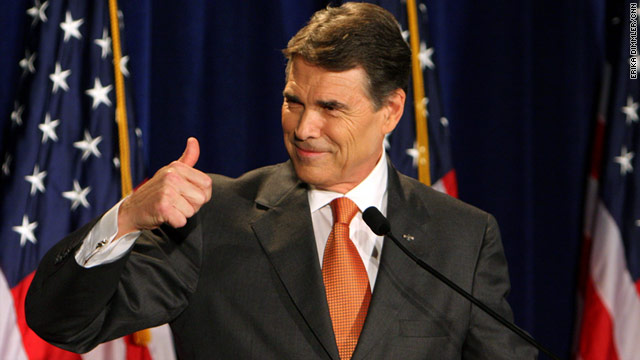Big Coal Has Big Friends

Now, had he floated this idea at an Elk’s Lodge in Kansas, it’s possible that he could have been given a warm reception, but, unfortunately, he needed to take his idea to the Federal Energy Regulatory Commission, a non-biased/bipartisan body, populated with members who actually understand the energy industry, and who laughed him out of the room.
Fast-forward about a year, and note that, as reported here:
The Trump administration has nominated James Danly, who has worked as a corporate energy lawyer since graduating from law school in 2013 and as the Federal Energy Regulatory Commission’s general counsel since 2017, as the new nominee to fill the FERC seat left by Republican Kevin McIntyre, who died early this year.
At the same time, the administration has failed to nominate a Democrat to replace Cheryl LaFleur, whose departure last month left FERC with a 2-1 Republican majority. If Danly is confirmed by the Senate while LaFleur’s seat remains vacant, it would leave FERC with a 3-1 Republican majority, an unprecedented break with the tradition of bipartisan representation on what’s meant to be an apolitical regulatory body.
Clean energy and environmental groups, state governments and regulators, and free-market groups alike have expressed concern that Republicans Bernard McNamee and Chairman Neil Chatterjee are working to implement policies that will benefit economically struggling coal-fired power plants at the expense of other competing generation resources and state carbon emissions reduction policies.
These people do not give up. They are relentless, and that is their special gift.

Craig,
You never cease to attack the coal industry, always employing emotive ideological/political terms backed by either long outdated or inaccurate information.
When invited to debate the merits of clean coal generation, on an unemotional, rational basis, you refuse.
Why?
I can only imagine your attitude is because you know former President Obama’s “war on coal” was a dismal failure. Everywhere such policies were implemented, energy prices increased dramatically and the national economies went into decline.
The US and European “war on Coal” has benefited the Peoples of Republic of China enormously! China has acquired modern clean coal technology at giveaway prices from the US and has leapt ahead in selling high coal technology to developing nations, beating out both US manufacturing and US strategic influence.
While it’s true Coal generation struggles to compete against the current abundance of cheap plentiful Natural Gas (thanks to fracking technology), it would be unwise to imagine this situation will continue indefinitely.
Coal fired generation still provides 40% of the world electricity generation. It’s imperative both economically and environmentally to attract investment and research funding into the coal industry if this essential industry is to convert to modern clean coal technologies.
Already, India and China are building Coal fired power stations that are not only vastly more advanced, but actually environmentally positive because of by-products!
Natural gas will not remain cheap much longer. If the US and Europe are to continue to competing with increasing industrial competition from Asia, they must start investing in clean coal technology.
This is unlikely while we waste time on bitter acrimonious advocacy and refuse to examine the merits of new clean technology on a rational basis, free from ideological and political bias and self-interest.
Over the years I have invited you to list your objections to clean coal technology, without deploying inventive or apolitical/ideological agenda.
Again, I offer you the challenge. In turn, I will list all the advances in clean coal technology and we can ‘fact check’ each other.
If nothing else was achieved at least we would both have gained a better understanding of the problems and aspirations of this essential world industry, in a rational and sensible manner.
C’mon,how about it, are you up for the challenge?